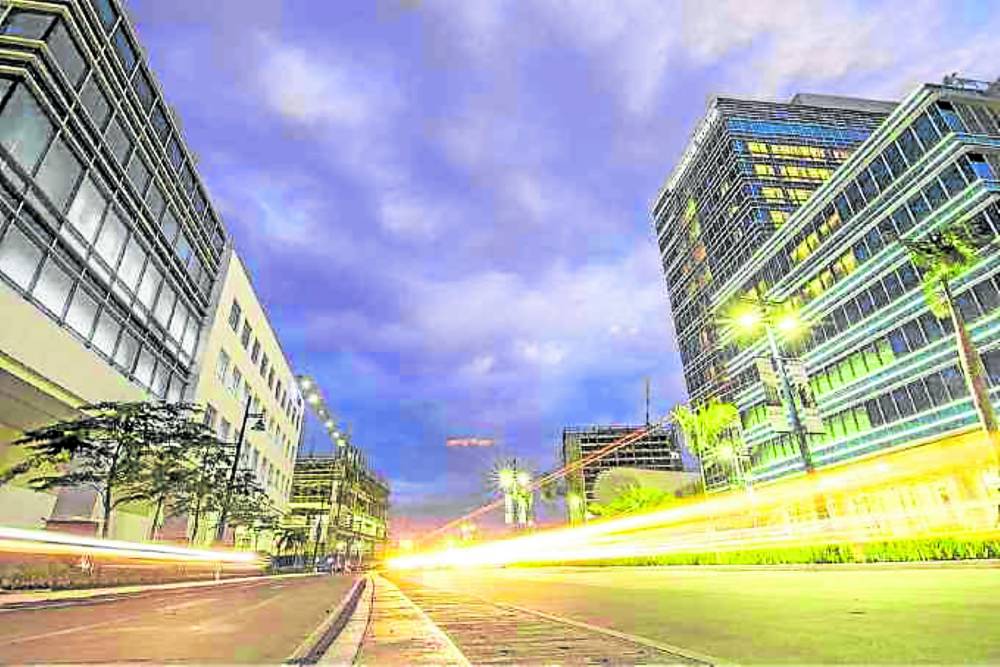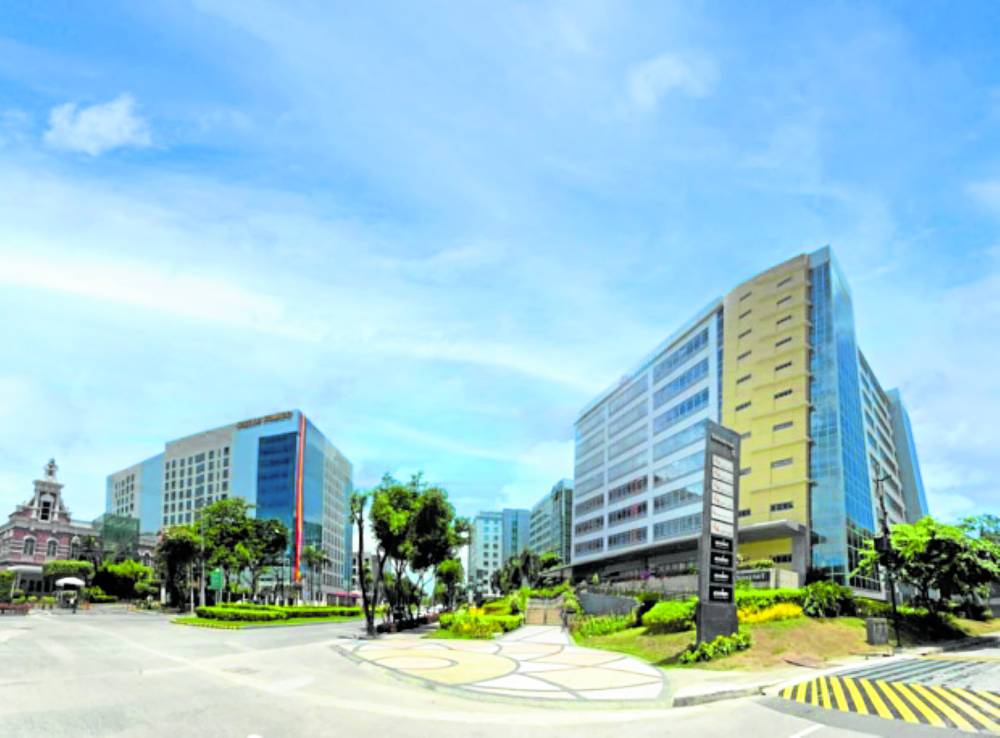Understanding the unprecedented demand for masterplanned townships
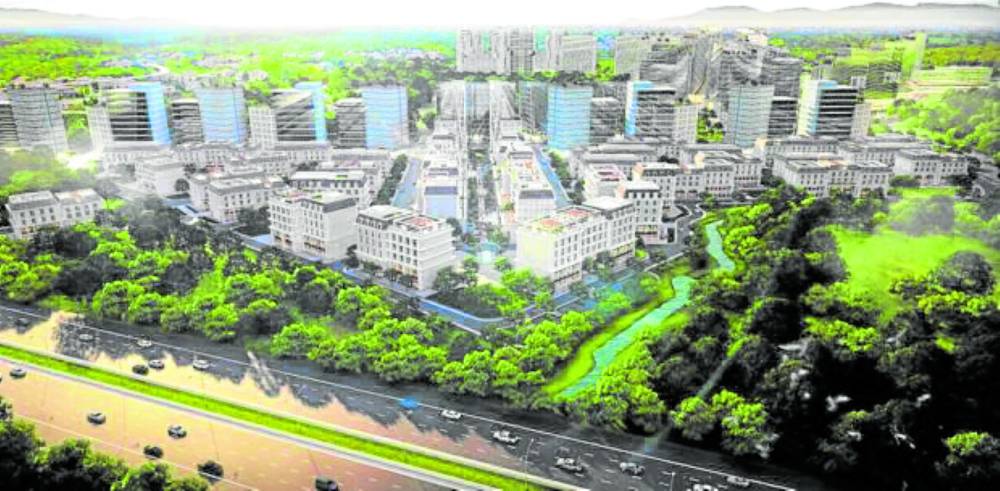
Colliers recommends that developers continue highlighting the advantages of living within CBDs and integrated communities.
The Philippine property market is constantly evolving.
Within the capital region, we have seen an aggressive development of satellite communities that serve the residential, office space, and retail requirements of an immediate market. These integrated communities are found not just in central business districts (CBDs) but also in fringe locations.
Colliers believes that the pronounced development of such townships in the peripheries of CBDs is being driven largely by the lack of developable land in primary business hubs and the continued surge in land values.
Explore mixed-used projects in fringe areas
As I discussed in my previous columns, it is important for developers to explore the feasibility of launching more masterplanned or integrated communities in Metro Manila’s fringe areas.
Currently, we are seeing firms launching satellite communities that highlight the live-work-play lifestyle. Megaworld, for example, has in Pasay City its Newport City township, which has condominium towers, and hotels in a casino complex.
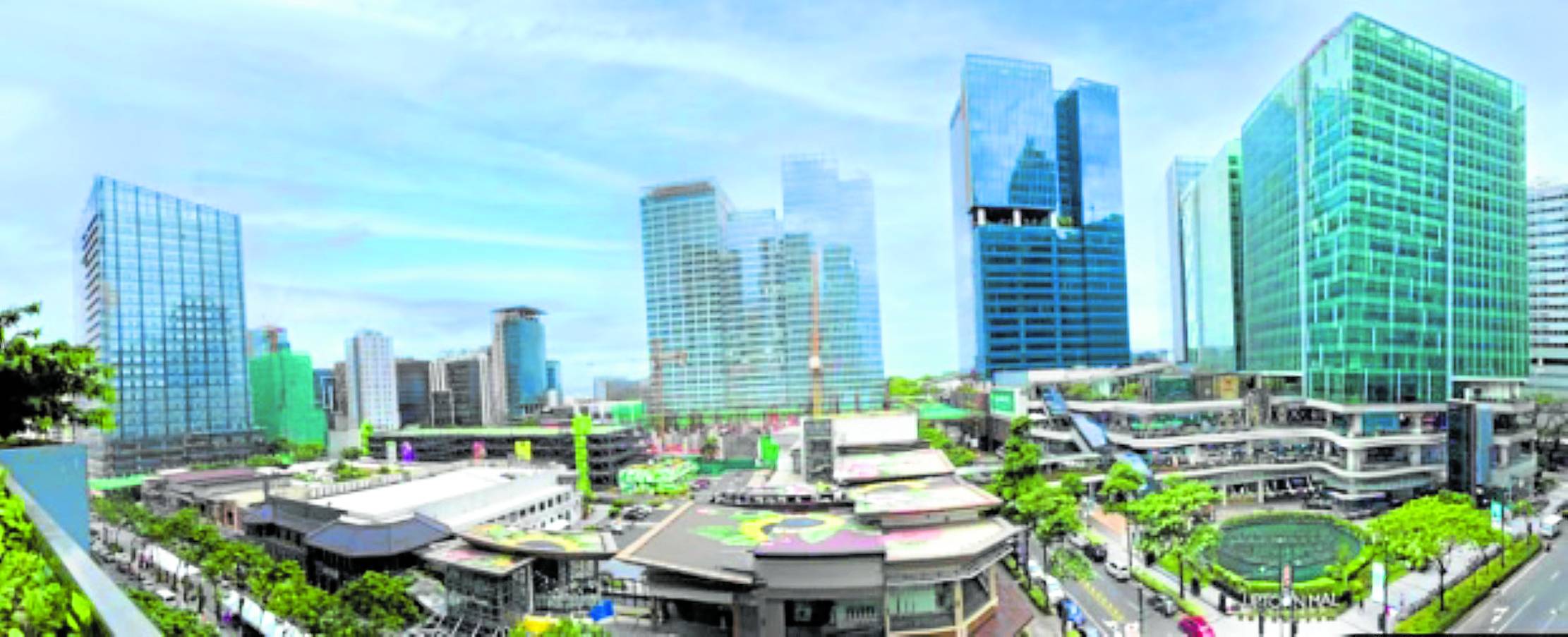
There’s actual strong demand for masterplanned and integrated communities that’s why we see developers proactively employing the township mindset in their projects.
Spillover of demand for masterplanned communities
What we have observed, however, is that demand for integrated communities is not just confined within Metro Manila. There are also major economic growth areas outside the capital region—some even recording gross domestic product (GDP) growth faster than the national average—that saw a rising demand for townships.
In particular, we have seen substantial landbanking activities in Central Luzon, Southern Luzon, Central Visayas, Western Visayas, Northern Mindanao, and Davao region. Parcels of developable land in these areas are primed for major township developments, especially given these regions’ improving infrastructure backbone.
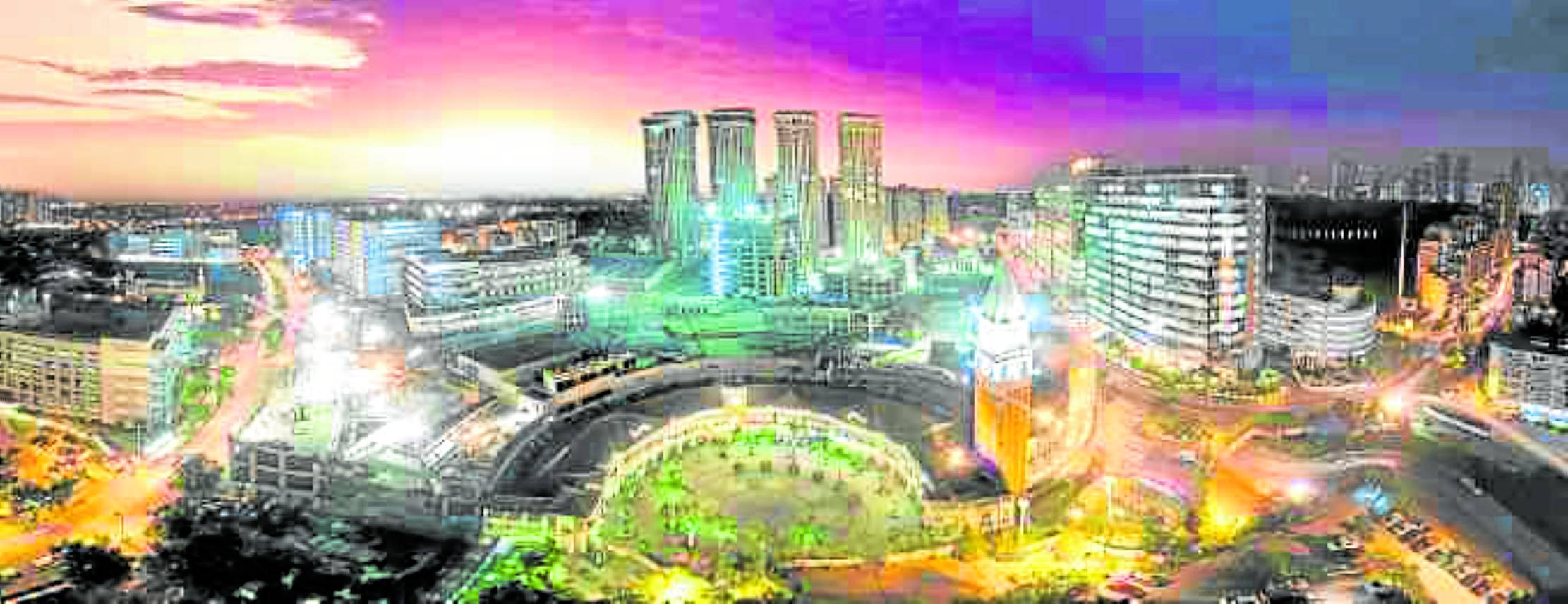
Residential projects’ proximity to offices, malls, and other institutional facilities such as schools and hospitals is highly important.
Central and Southern Luzon’s competitive landscape
Central and Southern Luzon remain as the Philippines’ major industrial hubs, attracting local and foreign manufacturing locators.
This is the reason why several developers have taken an aggressive stance in offering industrial and commercial lots in these regions. These offerings are complemented by expansive office and residential (both vertical and horizontal) projects. Within these townships, we also see the development of large retail centers offering regional and super regional malls as well as hotels built alongside humongous convention centers.
Among the major developers with massive townships in the said regions include Megaworld, Federal Land, Rockwell Land, Vista Land and SM Prime. Their existing and upcoming projects are dispersed across Bulacan, Pampanga, Tarlac, Cavite, Laguna, and Batangas.
Bustling property markets in the Visayas
Among the developers that have townships in Visayas include Megaworld, Ayala Land, Rockwell, SM Prime, Cebu Landmasters, Sta. Lucia Land Inc., Pueblo de Panay, and Vista Land, among others. These property firms have been maximizing companies’ and individual investors’ demand for mixed-use communities. Prime locations for these developments include Cebu, Bacolod, and Iloilo.
Capturing opportunities in Mindanao
Masterplanned projects are also thriving in Mindanao. Cagayan de Oro and Davao are among the preferred sites by major property firms. Among the firms with massive presence in Mindanao are Megaworld, Pueblo de Oro, Vista Land, Ayala Land, Torre Lorenzo, Cebu Landmasters, and Double Dragon, among others. Similar to Visayas, developers in Mindanao are taking advantage of residents’ rising purchasing power and improving infrastructure connectivity.
Convenience, accessibility, and connectivity
Residential investors and end-users continue to put a premium on accessibility and convenience. The 15-minute community concept appeals to them, especially now that everything is fast-paced. Residential projects’ proximity to offices, malls, and other institutional facilities such as schools and hospitals is highly important especially to a new breed of residential investors including millennials.
Colliers recommends that developers continue highlighting the advantages of living within CBDs and integrated communities, and to consider improving amenities and facilities in their projects to meet constantly changing buyer preferences.
Why townships will remain popular
There’s actual strong demand for masterplanned and integrated communities that’s why we see developers proactively employing the township mindset in their projects.
Whether developing their own landbank or partnering with foreign firms to build these massive projects, there’s no denying that developing integrated townships is the way to go. This should be strengthened further by the national government’s commitment to develop crucial public projects and spur economic growth in other regions.
We see townships becoming more popular moving forward due to residents’ demand for accessibility and proximity to major public projects, as well as the millennial and Gen Z markets’ preference for immediate access to essential goods and services. Expect more innovative features to be offered within these massive developments in the years to come.

